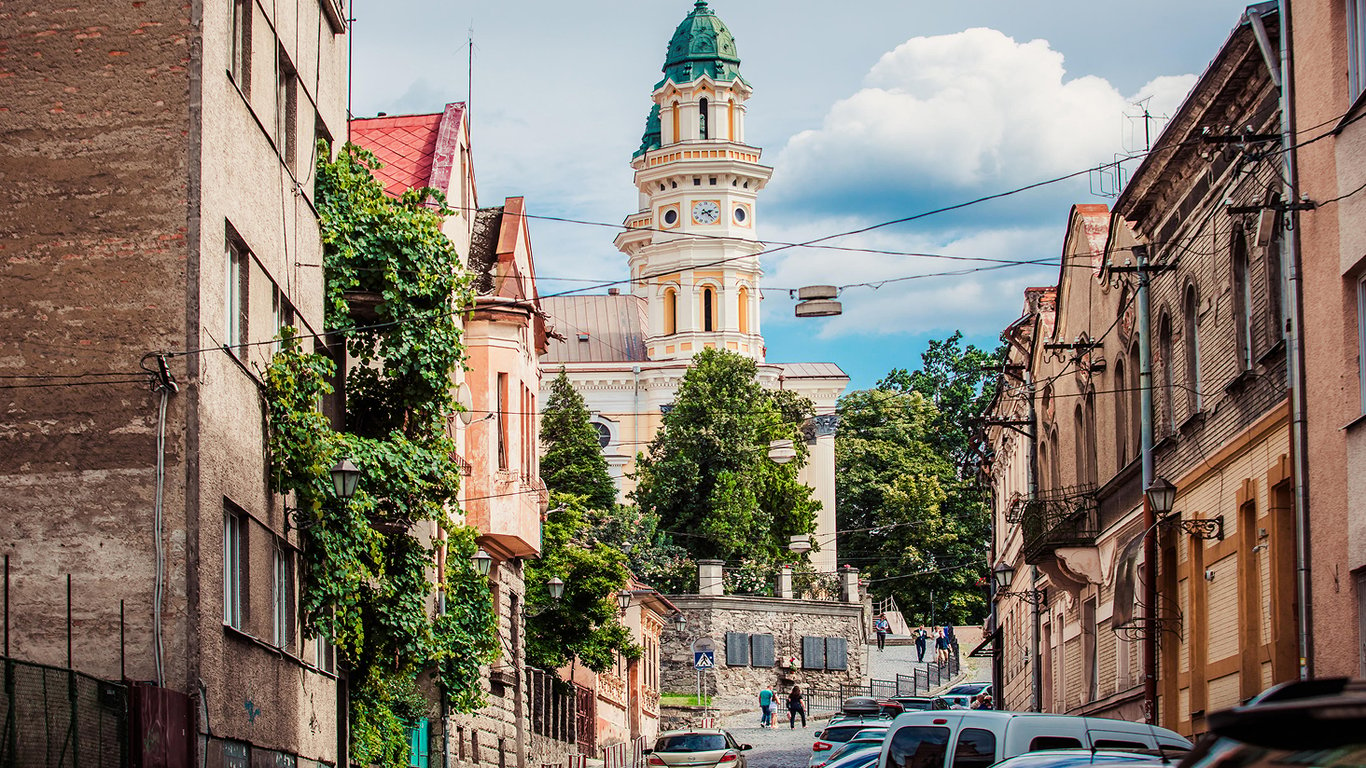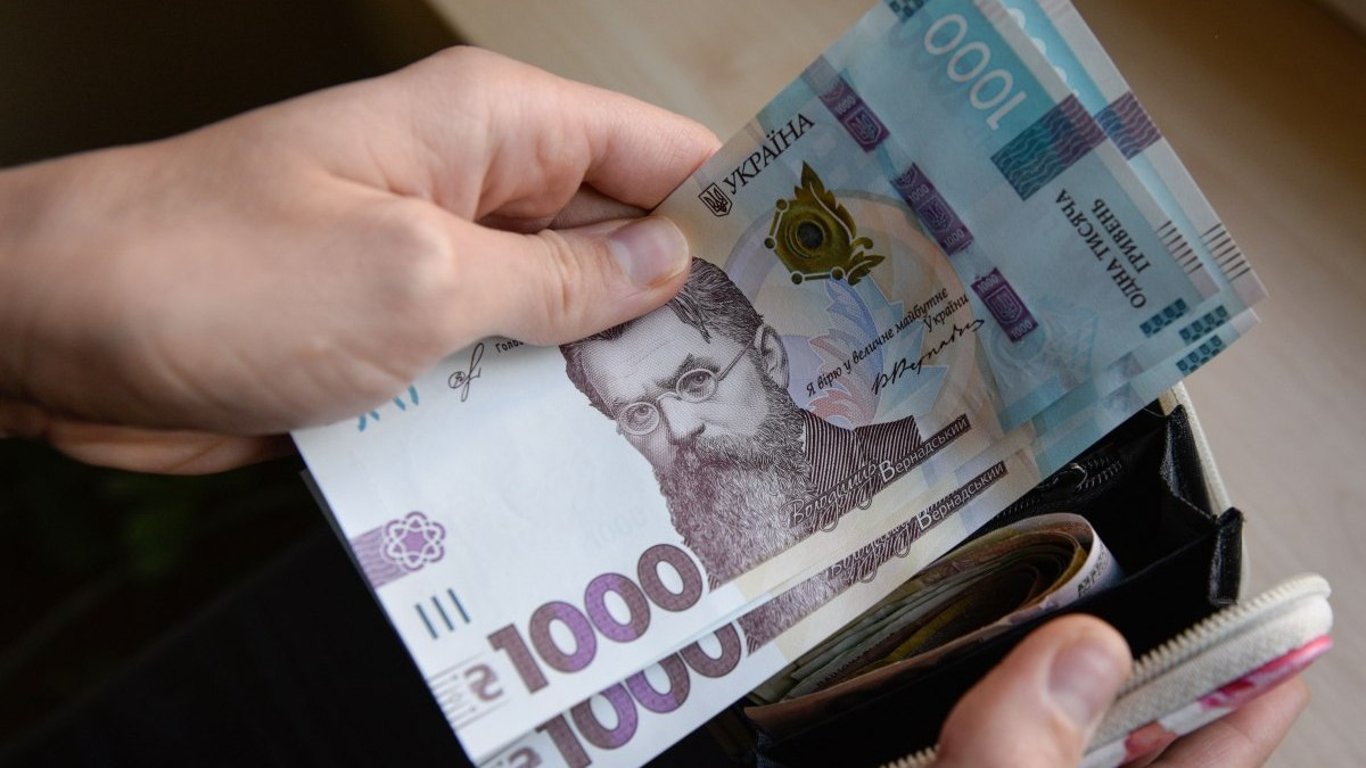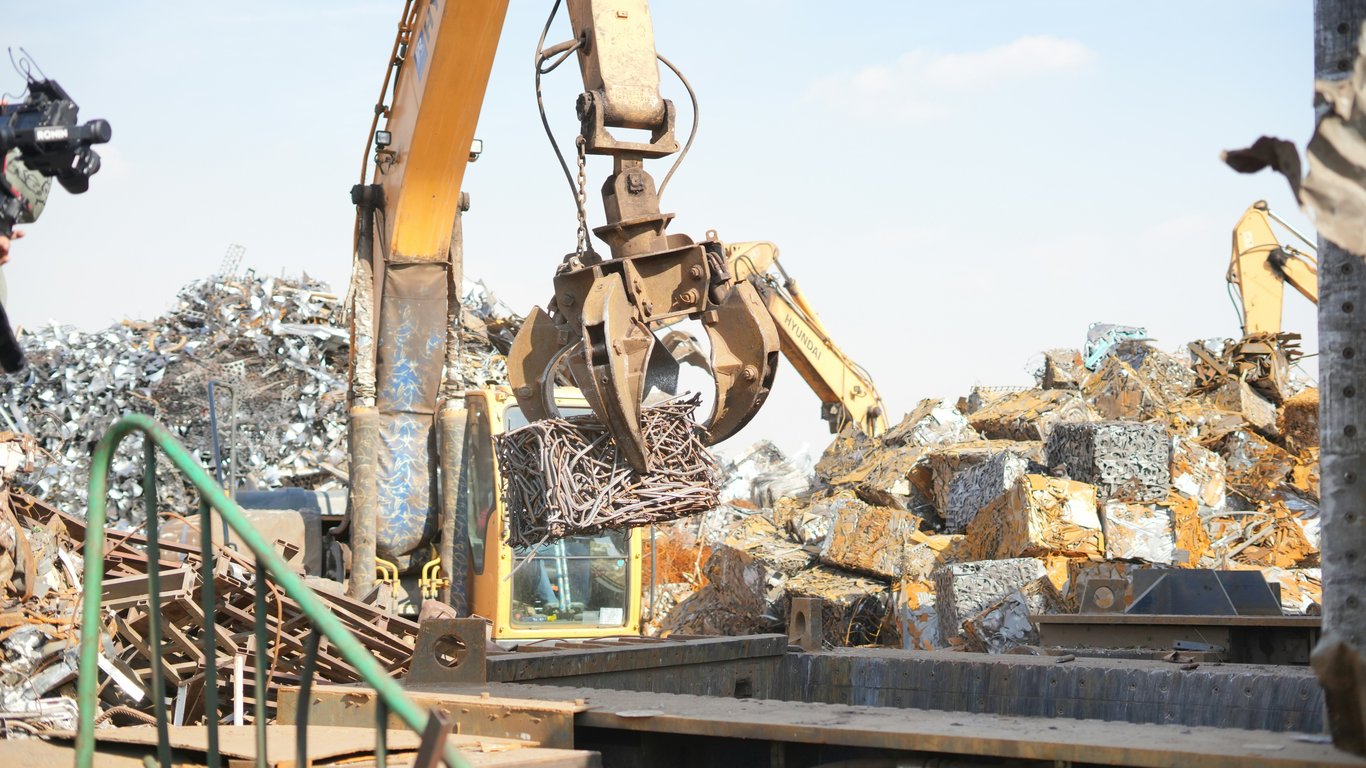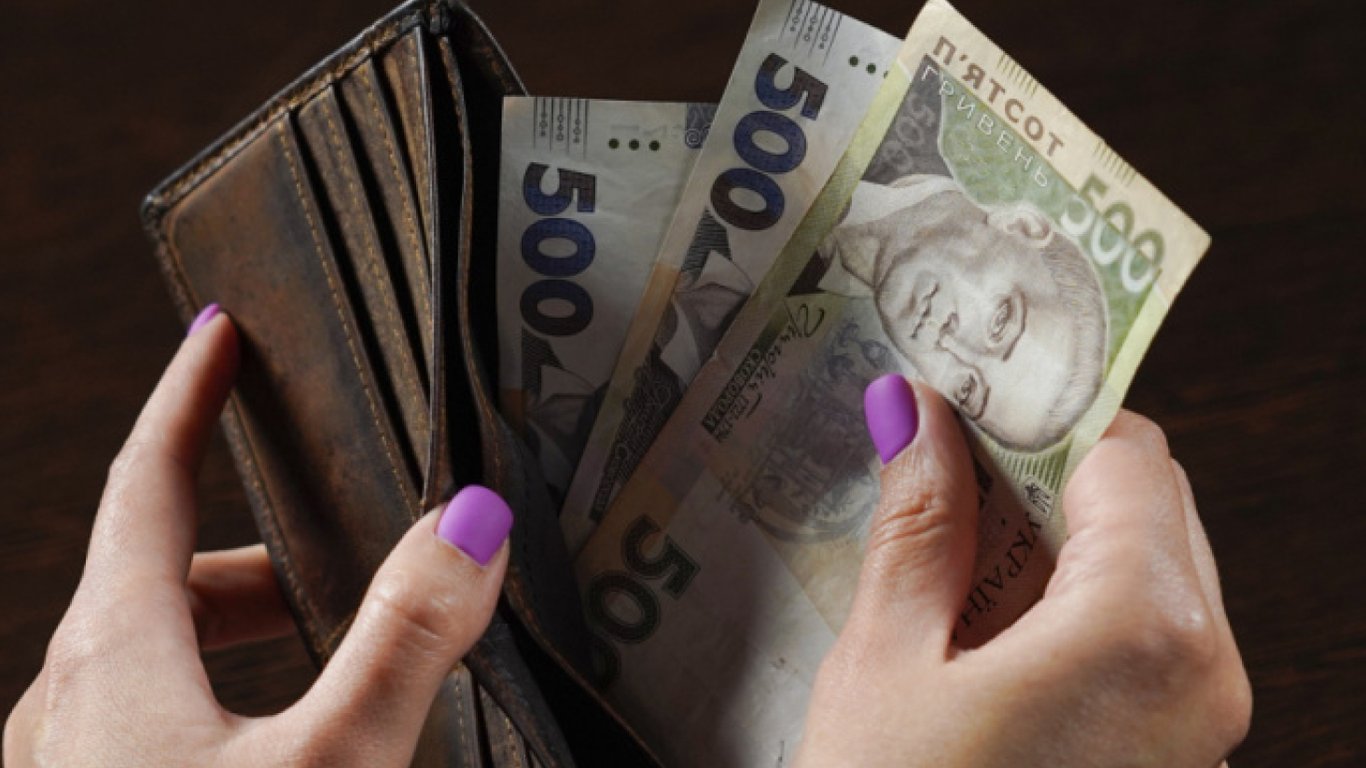The European Union will require technology transfer from Chinese companies in exchange for subsidies.

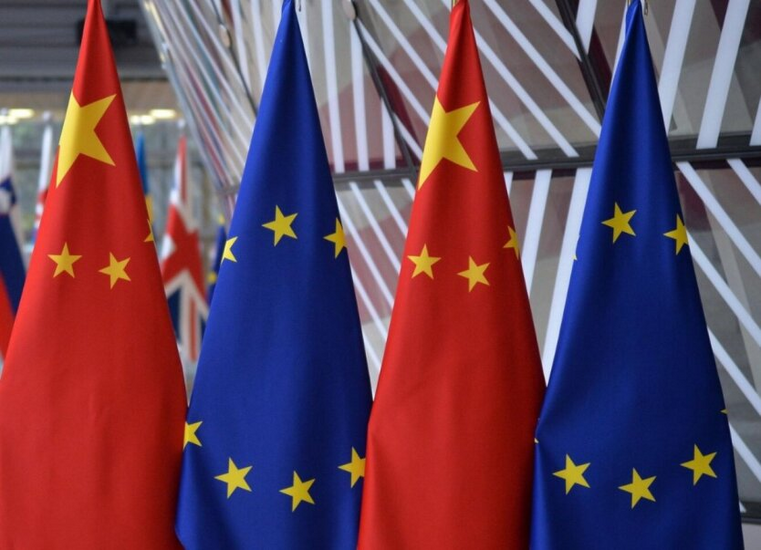
The European Union plans to set strict conditions for Chinese companies that wish to receive EU subsidies.
According to the new criteria, Chinese enterprises must have factories in Europe and transfer their technology.
These conditions will be implemented in the first tender for grants for battery development in December.
The pilot project may be expanded to other EU subsidy schemes.
The EU's technology transfer requirements align with China's policy, which also requires foreign companies to share their intellectual property.
These measures are part of Europe's strategy to protect companies in the clean technology sector from cheap Chinese imports.
They are also driven by concerns over the EU's economic weakness and its ability to achieve climate goals.
Newly elected U.S. President Donald Trump is also pressuring the EU to impose more barriers to Chinese goods and investments.
According to this, companies that produce technology in China have already begun to invest in Europe by creating manufacturing units and opening new facilities.
These steps may strengthen the positions of European companies in the clean technology sector, but they could also pose a threat to existing battery manufacturers, particularly the Swedish company Northvolt, which is on the verge of bankruptcy.
Read also
- Trump responded to what he will do when the 50-day deadline for Russia expires
- The CPD assessed whether the Russian Federation will end the war in 50 days at Trump's request
- Trump has come out with new statements in a live broadcast - what he says about Ukraine
